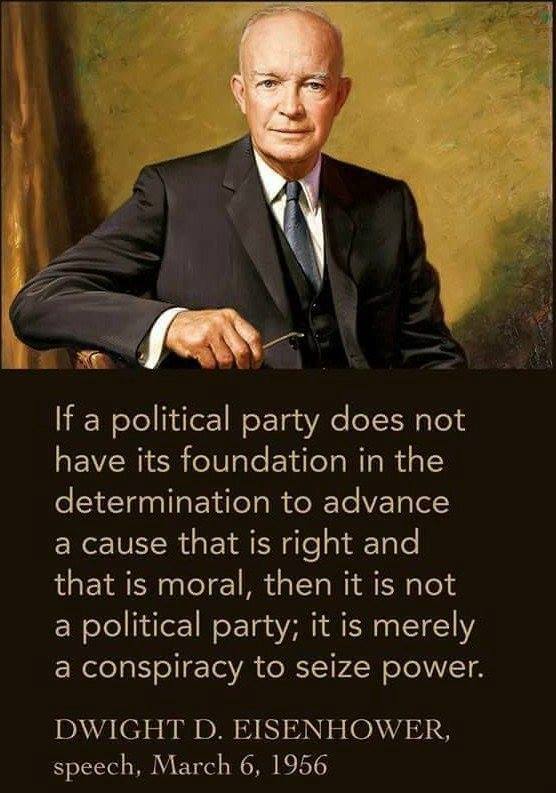In some cases such spending has made it more fashionable for the various state governments to mistakenly require the electric utilities they regulate to use more and more wind and solar or other alternative energy sources with a damn the expense and the reliability attitude. When wind and solar require an 80% of capacity back-up power plant fueled by coal or natural gas to stand by waiting for high demand and low wind or low solar irradiance moments, these already expensive sources of electricity become still more expensive. They also become operational nightmares on the electric grid.
In other cases government funding has simply disappeared in a whirlpool of company bankruptcies and very poor investment results. Among the problem companies are:
- Solar: Solyndra Solar, Evergreen Solar, Spectra Watt, Energy Conversion Devices (United Solar Ovonic), Amonix, SunPower, Abound Solar, NRG Energy (solar, wind, electric vehicle, stock price less than half of 2008 price), First Solar (stock price less than 10% of 2008 high)
- Battery and Electric Vehicle: Mountain Plaza Inc. (truck stop electrification), A123 Systems (batteries), Ener1 (batteries on electric grid), Beacon Power (energy storage), Fisker Automotive (electric vehicles), Tesla Motors (electric vehicles), Chevy Volt (suspended production, layoffs, failure to meet production goals)
- Nevada Geothermal (Harry Reid favorite, bankrupt)
- Storage of Corn for Ethanol: Olsen's Crop Service
There is a phenomena known as crowding out. If government borrows money, as it has done to fund its green energy initiatives, some people understand this money will have to be paid back with future taxes, so they save more money for the future. In addition, when government borrows money, it makes it harder for businesses to borrow money to invest in what they believe will be profitable investments. Government borrowing may also be partially enabled by loans from other countries, such as those the US has been getting from China and elsewhere as we have recently accelerated our deficit spending. This means our national income will be depleted in the future to pay these loans.
The end result is that the money the government has borrowed to pay for its many poorly performing green energy investments contributes to a long-term reduction in GDP growth for the country. A recent study by Matthew Mitchell and Jakina Debnam for the Mercatus Center of George Mason University called In the Long Run, We're All Crowded Out, shows a major decrease in per capita GDP going forward due to this crowding out effect. The effect shown in the chart is based on all government borrowing, but that due to green energy expenditures is also having a negative impact on our per capita GDP, further offsetting any wished for benefits from developing green energy.
Instead, they found support for simple neo-classical model in which individuals trade work for more leisure when faced with government spending.
Increased resources from the government that are not expected to be funded by taxes or borrowing induce individuals to increase their consumption and leisure. The resulting decline in the marginal productivity of capital compels companies to scale back investment and output.
Focusing on the investment (capital expenditure), employment, R&D, and payout decisions of these firms, we find strong and widespread evidence of corporate retrenchment in response to government spending shocks. In the year that follows a congressman’s ascendency, the average firm in his state cuts back capital expenditures by roughly 15%. These firms also significantly reduce R&D expenditures and increase payouts to their investors. The magnitude of this private sector response is nontrivial: in the median state (which receives roughly $452 million per year in increased earmarks, federal transfers, and government contracts as a result of a seniority shock), capex and R&D reductions total $48 million and $44 million per year, respectively, while payout increases total $27 million per year. These changes in firm behavior persist throughout the chairmanship and begin to reverse after the congressman relinquishes the chairmanship. We also find some evidence that firms scale back their employment, and experience a decline in sales growth in response to the government spending shock.There is every reason to believe that such general effects upon companies will have similar effects upon the green energy companies. Joshua Coval says that these negative results applied to the average firm, large and small firms, and within the industries that are the target of the spending. Some of the government money hires employees away from other firms. He also believes that this money contributes to added uncertainty due to government involvement. He says the results indicate that government spending does not stimulate private economic development.
One has to conclude that Obama's program to develop green energy as a major contributor to Americas future energy needs is counterproductive. It is one more indicator of his wrongheadedness about economics and business. In the longer haul, he is likely not only doing great harm to the economy in general, but he is surely doing harm to our future with having inexpensive and reliable energy sources. He is also likely to be doing a great deal of long-term harm to the wind, solar, electric vehicle, battery storage, and geothermal energy industries. Each of these industries has profitable niche markets, but none of them is ready for prime time yet or likely in the near future. When the time is right for each of these industries, if ever, to develop in a more major scale, the private sector will see to that they do develop.
At this time, R&D funding by the government is less harmful than the funding of ramped up production, which is clearly premature and doomed to failure. But even R&D, especially when ramped up sharply as Obama is doing, is very wasteful. The development of technology and science is not just a function of man-hours invested. It takes a man about 10 years to become truly expert in a field. If money is thrown rapidly at a field of R&D, too many of the people in the field are relatively new to it and there is a lack of expert leadership and experience. It also takes time for advances in one narrow field to receive feedback from other related fields or technologically needed fields. Trying to short-cut the time for the optimal use of manpower and other resources is very wasteful. The best way for government to have any beneficial impact on green energy R&D is to fund it steadily at a level commensurate with the actual results being produced for an extended time. That is if it should be funding such R&D at all. But what is clear is that the present program is about as wrongheaded as it gets. This is most typical of Obama and his supporters.
Still another major problem with the big Obama push for green energy use is the fact that it is a distraction from the very effective solutions to our energy needs to be found by doing the many things the private sector can do very well for us on its own, if allowed. For my list of important actions to free the private sector, please see my last post, US Oil Production and the Price of Oil and a recent post, The EPA's Newest Environmental Vendetta Against Coal.
Overall, Obama's policies are increasing the cost of energy and the cost of living.
































































No comments:
Post a Comment